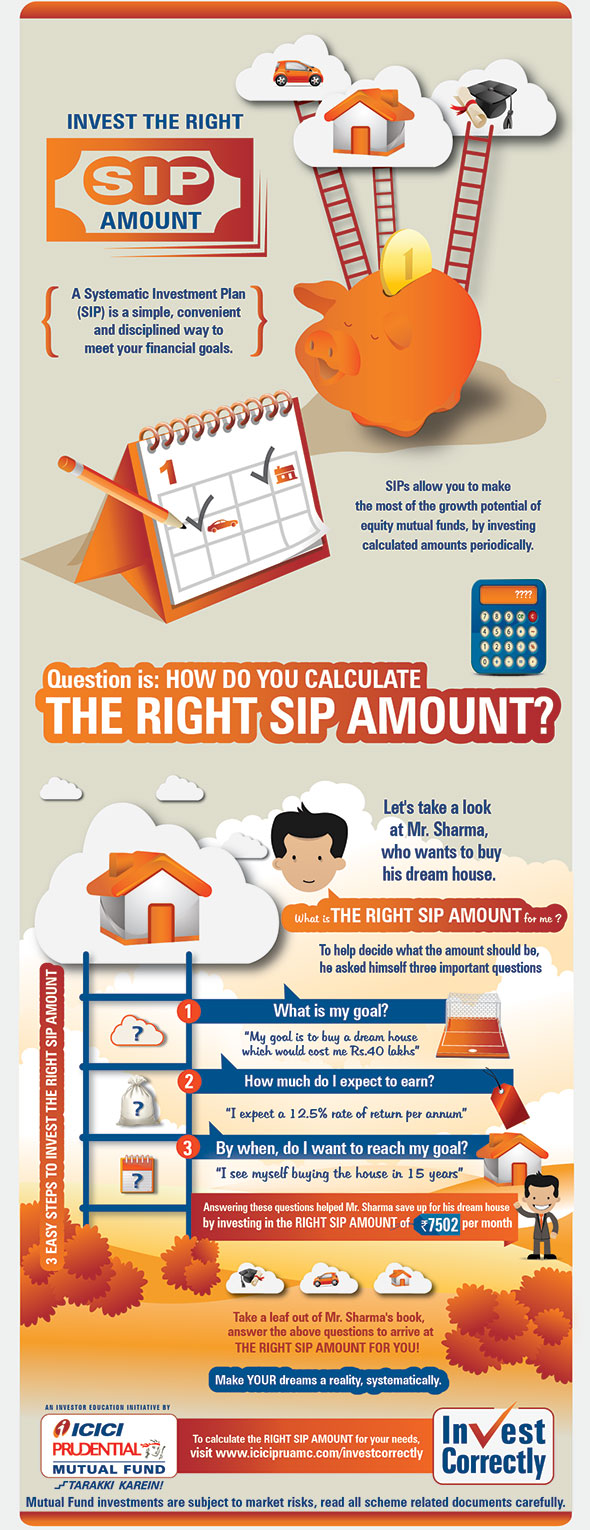The Effects Of Failing To Fulfill An Efficiency Bond
The Effects Of Failing To Fulfill An Efficiency Bond
Blog Article
Composed By-
When a surety issues an efficiency bond, it assures that the principal (the event who acquires the bond) will certainly satisfy their obligations under the bond's terms. If the primary fails to meet these responsibilities and defaults on the bond, the surety is in charge of covering any losses or problems that result.
1. Loss of credibility: Back-pedaling an efficiency bond can damage the principal's online reputation and reliability, making it more challenging to safeguard future company or financing.
2. Legal and management costs: The guaranty may require to pay lawful and administrative prices associated with going after the principal for problems or attempting to correct the scenario.
3. Economic losses: The guaranty may need to cover the price of completing the project or providing the solutions that the principal fell short to supply. This can lead to considerable financial losses for the surety.
4. Enhanced costs: If the principal has a history of defaulting on efficiency bonds, they may be needed to pay higher costs in the future to obtain the necessary bonding.
In general, back-pedaling a performance bond can have serious monetary effects for both the principal and the surety. It's important for principals to thoroughly consider their commitments and ensure they have the ability to fulfill the terms of the bond to avoid these adverse results.
Back-pedaling an efficiency bond can be an expensive mistake for organizations. When you stop working to satisfy the bond's commitments, the financial repercussions can be significant. From paying the complete bond amount to possible lawful battles and damaged connections, the effects can reverberate throughout your business procedures. Understanding the intricate web of monetary effects that defaulting on an efficiency bond can have is important for securing your firm's monetary wellness and reputation.
Financial Penalties for Defaulting
If you back-pedal an efficiency bond, you'll likely deal with considerable financial penalties. bank guarantees in construction contracts can vary depending on the terms of the bond contract however typically include paying the bond quantity in full to the obligee. This means that if you fall short to fulfill your legal obligations, you should pay the bond amount to the task owner or the entity that required the bond.
Additionally, you might also be in charge of any added prices incurred by the obligee as a result of your default, such as locating a substitute service provider or covering task hold-ups.
Back-pedaling an efficiency bond can additionally result in legal costs and court prices if the obligee decides to take legal action against you to recoup the bond amount. These costs can rapidly accumulate, more exacerbating the monetary effect of your default. It's important to carefully evaluate and comprehend the terms of the efficiency bond to prevent these extreme financial penalties.
Influence On Service Capital
Defaulting on an efficiency bond can considerably influence your service capital, impacting monetary security and operational capacities. When you back-pedal an efficiency bond, you run the risk of shedding the bond amount, which can be a considerable amount. This loss directly affects your capital, as you'll require to discover alternative resources of funding to cover the bond quantity. Furthermore, skipping can bring about increased analysis from guaranties, making it more difficult and much more pricey to safeguard bonds in the future. This can even more strain your capital as you might need to designate extra resources to fulfill bonding demands.
The effect on your cash flow doesn't quit there. Defaulting on a performance bond can likewise cause project delays or cancellations, bring about a loss of revenue. Additionally, the negative online reputation that includes failing can discourage prospective clients, further minimizing your cash flow. Overall, defaulting on an efficiency bond can have damaging results on your service's financial wellness and ability to run efficiently.
Legal Ramifications and Claims
Facing legal ramifications and potential suits because of defaulting on an efficiency bond can dramatically affect your organization's track record and monetary standing. When you back-pedal an efficiency bond, the guaranty business may take lawsuit to recover the bond amount paid. This can cause expensive legal costs, court costs, and prospective negotiations or judgments against your service.
In addition, back-pedaling an efficiency bond might result in damaged partnerships with clients, subcontractors, and suppliers, affecting your capability to protect future agreements. Lawsuits occurring from bond defaults can taint your business's reliability in the industry, making it challenging to attract brand-new partners or customers.
In addition, if the default results in a court judgment against your organization, it could lead to asset seizure or liens, even more straining your financial stability. Consequently, it's important to recognize the legal ramifications of defaulting on a performance bond and take positive actions to mitigate the threats entailed.
Final thought
As you deal with the repercussions of defaulting on an efficiency bond, remember this: it's like walking a tightrope without a safety net. website can send you plummeting right into an economic freefall, without any method to stop the autumn.
The financial penalties, cash flow influence, and lawful ramifications are all waiting to capture you if you slip up. So walk meticulously, and always honor your dedications to stay clear of the rough effects of default.
